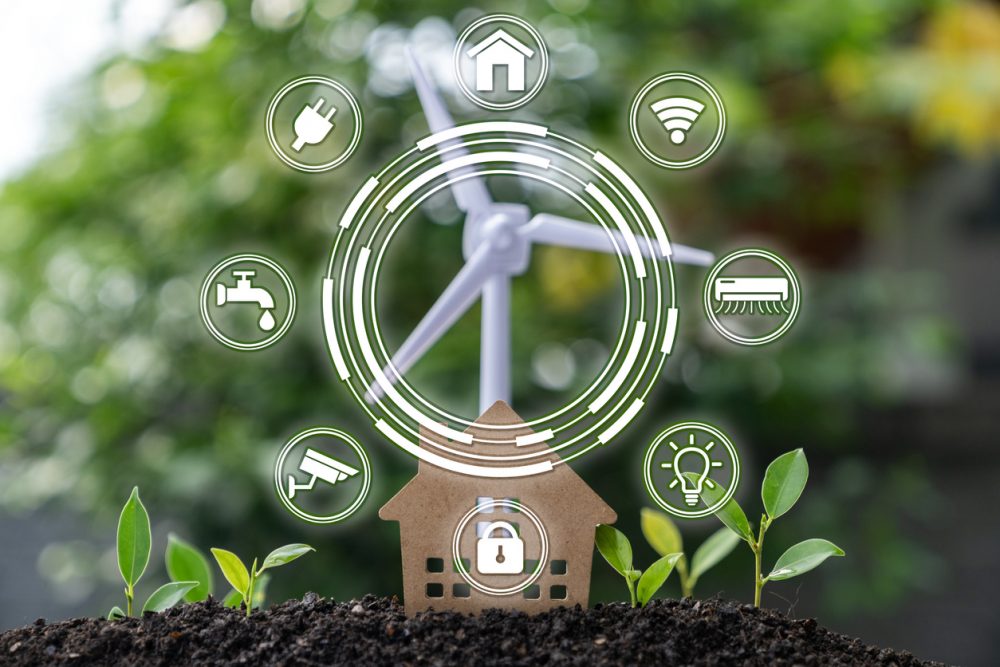
The Research problem
Household energy consumption is closely linked to climate change. On the one hand, according to the experience of developed countries, carbon emissions from household consumption are expected to become the primary driver of carbon emission growth. On the other hand, climate change can amplify residential energy consumption; for instance, temperature fluctuations lead to increased energy use for heating or cooling. Consequently, amidst climate change, reducing carbon emissions from household energy consumption becomes a vital imperative. There are two approaches to achieve this: firstly, reducing the overall energy consumption. Secondly, promoting household transition to clean energy consumption. However, decreasing energy consumption while maintaining residents’ well-being poses challenges. Therefore, promoting household transition to clean energy emerges as an effective strategy in addressing climate change.
Research Design
In this project, we want to explore the patterns of household energy consumption worldwide and the mitigation pathway towards zero carbon. We consider conducting research from the following aspects:
Firstly, the project will conduct surveys on household energy consumption in multiple countries, gathering data from representative nations to really understand how people are currently shifting toward cleaner energy.
Thirdly, assessing the effectiveness of different policies aimed at promoting household energy transformation. Unlike existing energy transition intervention experiments, intervention measures will be based on the different national cultures and consumption habits of energy consumption. Based on the findings, we will put forward policy recommendations for the household clean energy transition.
Finally, based on experimental results, we will assess household energy consumption inequality and household welfare under different transformation policies to select the optimal transformation policy.
Project Objectives
The primary research goal of this project is to investigate how to promote the transition of households to clean energy. WUN brings together a global and interdisciplinary team of researchers. Thus, this project can explore the similarities and differences in the transition to clean energy in households between developed and developing countries from a global perspective, contributing to a better understanding of households’ transition to clean energy. By considering the characteristics of different cultures and countries, the project can design intervention experiments for residents’ transition to clean energy. This enables the formulation of a comprehensive and rational strategy for household energy consumption transformation.